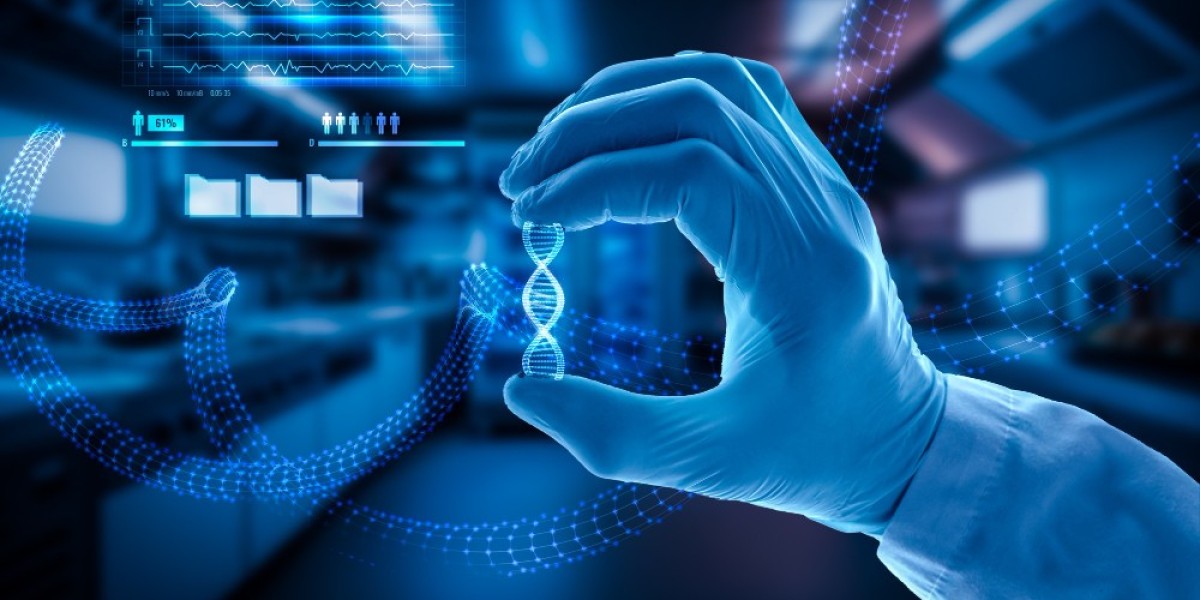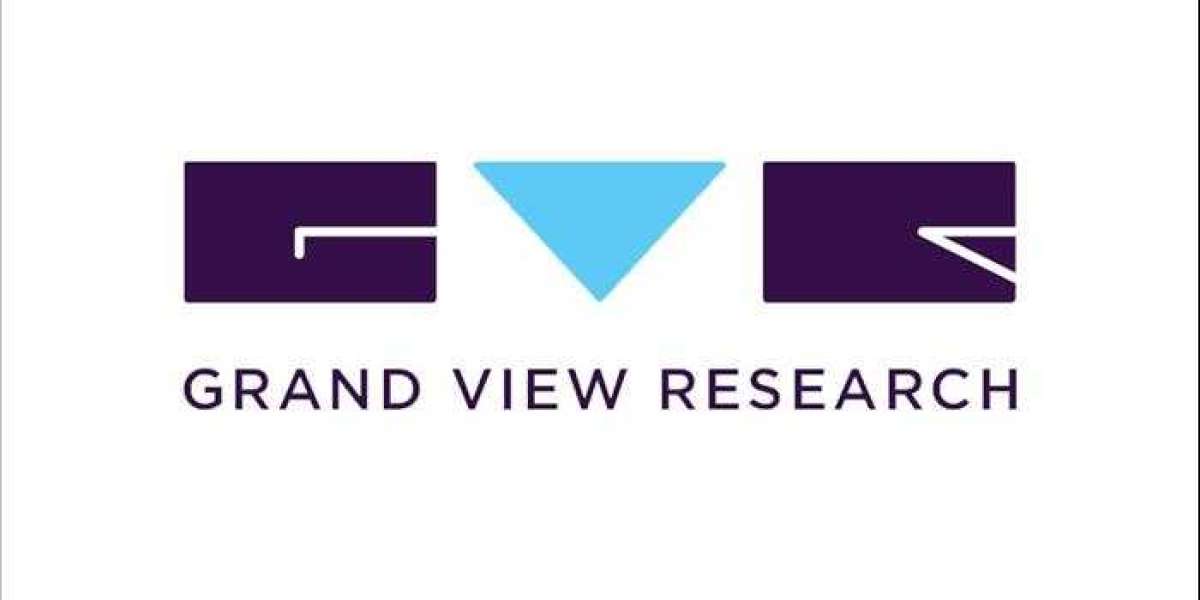Decentralized applications, or dApps, have proven to be a powerful and revolutionary force in a wide range of sectors, with healthcare being no exception. These blockchain-based healthcare dApps leverage the fundamental principles of blockchain technology and decentralized networks to drive substantial changes in data management, interoperability, patient privacy, and healthcare accessibility.
Understanding Healthcare dApps A decentralized application (dApp) is a software application that operates on a decentralized network, often making use of blockchain technology. What sets dApps apart from traditional healthcare applications is their independence from a central authority, which greatly enhances their security, transparency, and resistance to data breaches.
How Healthcare dApps Function Healthcare dApps utilize blockchain as the underlying infrastructure for securely storing, managing, and sharing patient data. Patient information is encrypted and distributed across the network, ensuring the privacy and immutability of data. Smart contracts, self-executing contracts on the blockchain, automate processes like insurance claims and data access permissions.
Advantages of Healthcare dApps
Enhanced Data Security and Interoperability: Healthcare dApps offer significant advantages in terms of enhanced data security. By dispersing data across a decentralized network, the risk of centralized data breaches is substantially reduced. Additionally, these dApps promote interoperability, allowing seamless and secure data exchange among various healthcare providers, thereby improving patient care and reducing medical errors.
Patient Ownership of Data: Healthcare dApps empower patients by granting them full control over their medical data. Patients can determine who can access their information, ensuring constant privacy and consent. This level of control builds trust between patients and healthcare providers, promoting a more personalized and patient-centric approach to care.
Streamlined Medical Research and Clinical Trials: Healthcare dApps play a pivotal role in facilitating the sharing of anonymized patient data for medical research and clinical trials. By maintaining patient privacy, these dApps enable researchers to access a vast pool of data, accelerating the discovery of new treatments and medical advancements. This streamlined data-sharing process has the potential to drive innovation and improve healthcare outcomes.
Efficient Health Insurance Processes: Through the use of smart contracts, healthcare dApps bring automation to insurance processes, effectively reducing administrative overhead and claim processing time. This streamlined approach enhances efficiency and transparency, benefiting both insurers and patients. With smart contracts handling insurance-related tasks, the entire process becomes more seamless and secure, enhancing the overall experience for all parties involved.
Telemedicine and Remote Patient Monitoring: Healthcare dApps play a vital role in supporting telemedicine platforms, enabling seamless connections between patients and healthcare professionals in remote settings. Additionally, by integrating Internet of Things (IoT) devices, dApps enable remote patient monitoring, allowing real-time data collection that enhances diagnosis and treatment decisions. This convergence of healthcare dApps with telemedicine and IoT technologies ensures convenient and efficient healthcare delivery, even from the comfort of patients' homes.
Notable Healthcare dApps
MedRec: MedRec, developed by MIT, is an influential healthcare dApp that utilizes blockchain technology to create an interoperable and patient-centered electronic health record system. It empowers patients to selectively provide access to healthcare providers or researchers as needed, ensuring data privacy and security.
Solve.Care: Solve.Care is a comprehensive platform that uses blockchain and smart contracts to simplify healthcare administration and improve patient outcomes. Its primary goal is to streamline healthcare processes, reduce costs, and enhance patient engagement, fostering greater efficiency, transparency, and collaboration within the healthcare ecosystem.
Health Wizz: Health Wizz is a patient-driven healthcare dApp designed to empower users in consolidating and securely managing their medical data. Users can share their health information with healthcare providers, researchers, and insurers while maintaining full control over access permissions. This puts users in control of their health data, promoting transparency and personalized healthcare experiences.
Challenges and the Future Outlook
Regulatory Compliance: One of the primary challenges for healthcare dApps is ensuring regulatory compliance, especially with strict healthcare regulations like HIPAA in the United States. Balancing compliance with these regulations while preserving the benefits of decentralization is crucial for the successful integration of dApps into the healthcare industry.
Scalability: Scalability remains a continuous concern for blockchain-based systems, including healthcare dApps. Continuous advancements in blockchain technology are needed to enhance scalability and overall performance to meet the demand for fast and efficient transaction processing.
User Adoption: The success and impact of healthcare dApps depend on user adoption and acceptance. Educating patients, healthcare professionals, and organizations about the numerous benefits and user-friendly features of dApps is essential to encourage their widespread adoption and seamless integration into existing healthcare workflows. Building user trust and demonstrating the tangible advantages of healthcare dApps will pave the way for a transformative future in healthcare.
In Conclusion
Healthcare dApps are on the verge of revolutionizing the healthcare industry, offering innovative blockchain solutions to persistent challenges related to data security, interoperability, and patient privacy. These dApps empower patients with unprecedented control over their personal health data while streamlining medical processes. The potential impact of healthcare dApps on the industry is promising, paving the way for a more patient-centric and efficient healthcare ecosystem. However, entering this space requires special consideration regarding project development, data management, and security. Skilled blockchain developers experienced in healthcare dApps can assist in a seamless entry into this transformative landscape.








